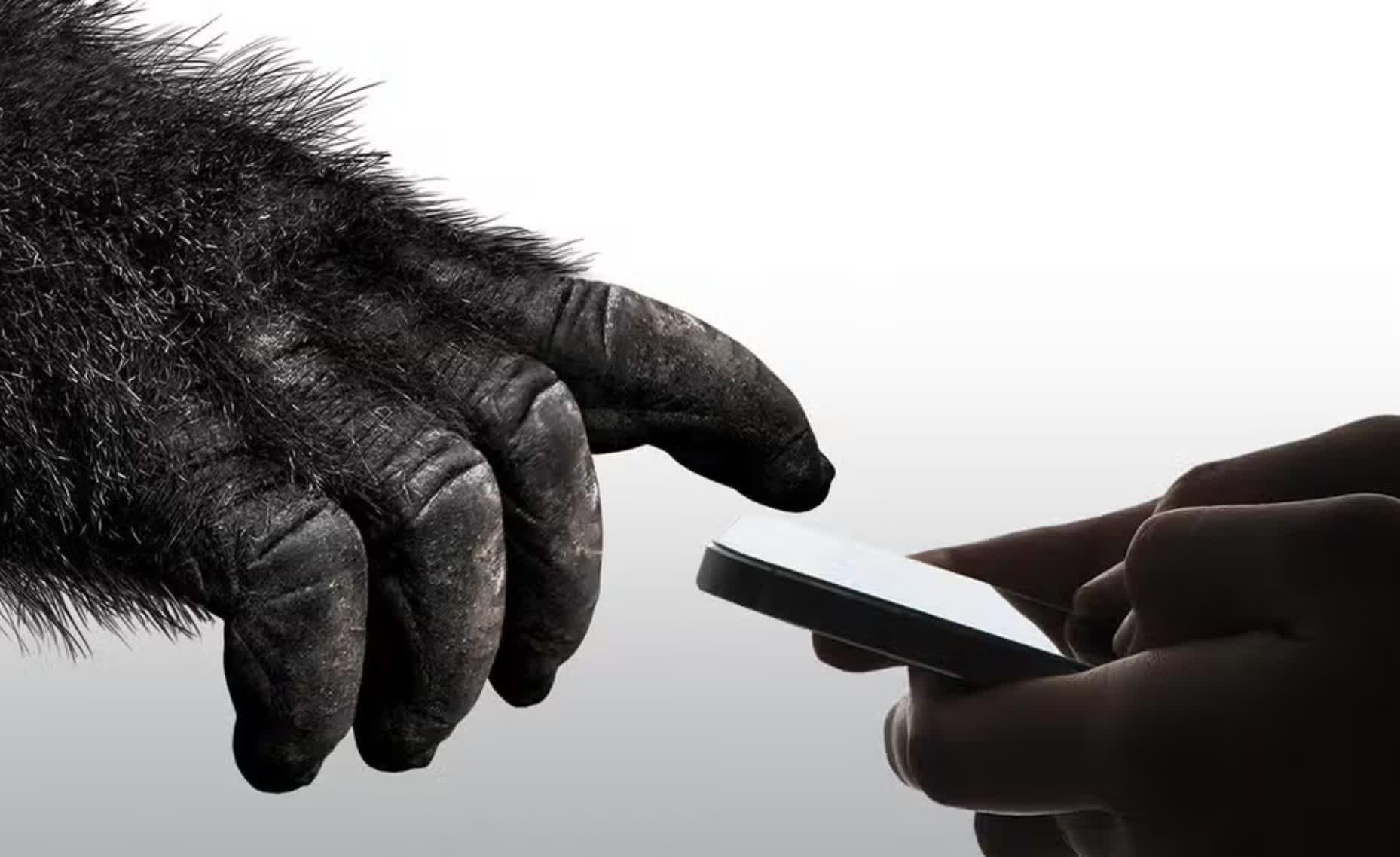What just happened? Corning Gorilla Glass is as common a sight in high-end smartphones as Qualcomm's latest SoCs. The European Commission is aware of this, and has now opened an investigation into whether Corning broke antitrust laws by abusing its dominant market position.
Corning's alkali-aluminosilicate glass is used in a huge range of smartphones, tablets, notebooks, and wearables from the top tech firms.
EU antitrust regulators are concerned that Corning's exclusivity deals with mobile phone makers and raw glass processing companies may be pushing rival glass makers out of large segments of the market.
Outgoing EU antitrust chief Margrethe Vestager said that breaking a phone screen was a frustrating and costly experience. Therefore, strong competition in the production of the glass that covers mobile devices was crucial to ensure low prices and a high-quality product.
"We are investigating if Corning, a major producer of this special glass, may have tried to exclude rival glass producers, thereby depriving consumers from cheaper and more break-resistant glass," Vestager said.
The EU investigation will focus on exclusive sourcing obligations, which require device makers to source all or nearly all of their glass from Corning.
The investigation will also examine the rebates the US company offered for exclusivity deals and its clauses requiring phone makers to inform Corning of any competitive offers and only accepting them if the firm fails to price match.
Also under scrutiny are Corning's deals with companies that process raw glass that include exclusive purchase obligations and no challenge clauses, writes Bloomberg.
Corning can now bring the investigation to an end by offering concessions to address the EU competition watchdog's concerns. If it is found guilty of breaching EU antitrust rules, it faces being fined as much as 10% of its global turnover.
Corning reported an annual revenue of $12.59 billion for the year ending December 31, 2023. In the second quarter of 2024, Corning's revenue was $3.25 billion, marking a 0.25% increase compared to the same quarter in the previous year.
Corning is just the latest US company to be investigated by the EU over potential anti-competitive practices. Meta's ad-free subscription model, Google's digital markets act compliance, and Apple's App Store practices are also being probed.

